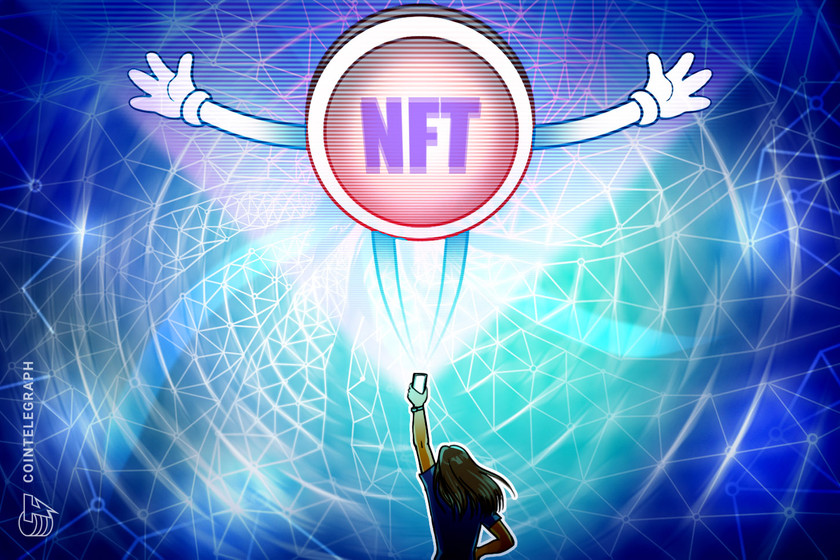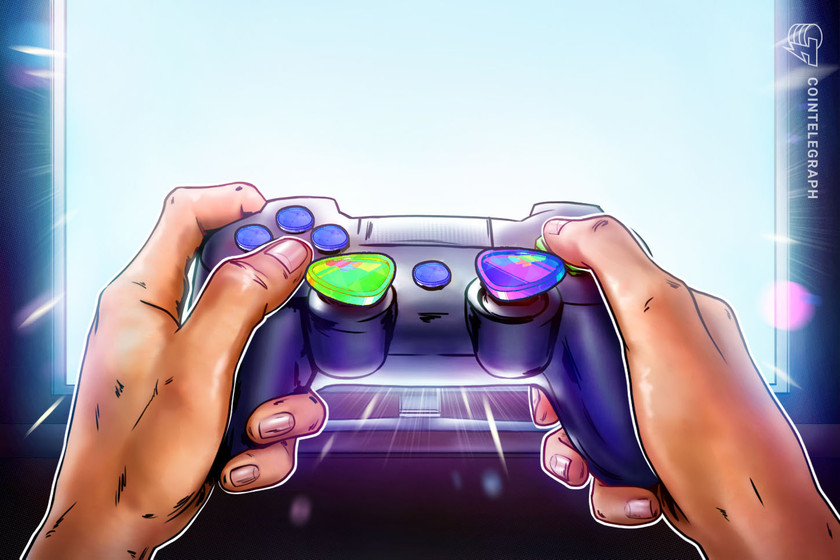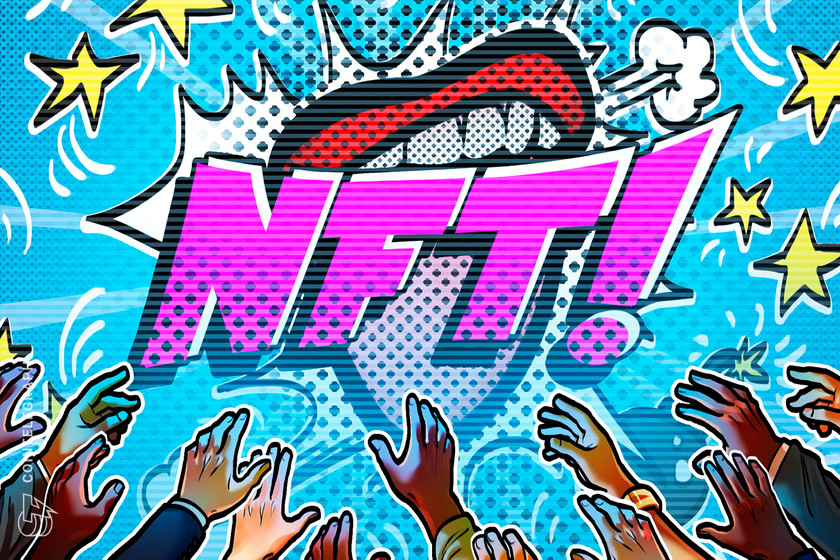Nifty News: IHOP bamboozles crypto users with ‘NFT,’ Logan Paul’s NFT falls to $10 and more


The YouTube star’s huge loss on his NFT has been bumped up by a measly bid after he shared how much it had dropped in value since his purchase last year.
American restaurant chain International House of Pancakes (IHOP) piqued the curiosity of Twitter users last week when it announced it would be “jumping on the bandwagon” and dropping its own ”NFT.” As it has turned out, its new “NFT” is neither nonfungible nor a token.
The pancake chain’s initial announcement on Oct. 6, made to sound like it was entering Web3 with a nonfungible token (NFT) drop, was met with a mixed response.
One Web3 supporter said, ”kudos to IHOP for having the courage to be on the leading edge and innovating for the future,” while others threatened to unfollow the restaurant’s Twitter account.
However, when the food chain finally revealed its “NFT” on Oct. 10, it turned out it was in fact the chain’s “New French Toast” menu item, adding it is “Thick, Fluffy and extremely fungible.“
As promised, we just dropped our #NFT: New French Toast! It’s Thick, Fluffy and extremely fungible. pic.twitter.com/r0sZKeBq0a
— IHOP (@IHOP) October 10, 2022
Twitter users shared a laugh over the chain’s devious ploy to sell more toast, though one Crypto Twitter commented that “they’re missing out on an opportunity to be a part of history” and getting “iHop.eth early.”
Logan Paul’s $600K NFT falls to $10
An NFT purchased for 188 Ether (ETH) at the cost of $623,000 in 2021 by American YouTuber Logan Paul saw a dramatic loss in value to only $10 by the end of September but has since a small price bump after it trended on social media.
Paul’s on-paper loss of over $600,000 on his 0N1 Force K4M-1 #03 NFT has been public knowledge for months, but after the YouTuber shared a post on his Snapchat on Sept. 27 talking about it, several Twitter users picked up the story resulting in more attention for the NFT.
Now, the token has a bid of 1.5 ETH on NFT marketplace OpenSea, around $1,900 at the time of writing.
Paul isn’t the only one feeling the pinch after the crypto market took a sharp fall in May.
NFT trading volume has plunged 98% from the $6.2 billion witnessed around the end of January to $114.4 million today.
Crypto trademark applications rise
Data shared by trademark attorney Mike Kondoudis on Twitter shows so far this year, 4,618 United States trademark applications have been filed with the U.S. Patent and Trademarks Office (USPTO) related to the Metaverse and virtual goods or services, with 367 of those taking place in September.


Notable filings for the month include the car brand Ford filing 19 trademarks for all its major models of trucks, cars, and vans to be represented in an NFT as virtual vehicles.
Whiskey manufacturer Jack Daniel’s filed a new trademark application on Sept. 19 for NFT-authenticated media, virtual beverages, barware, clothing and digital collectibles.
Media brand Viacom International filed two trademarks for the Teenage Mutant Ninja Turtles on Sept. 12 to expand the brand into NFT-backed media, crypto collectibles and crypto-collectible transfer software, while Paramount Pictures filed two trademarks for their Mean Girls brand on Sept. 12 for similar applications.
Binance set Guinness World Record for the largest crypto lesson
Crypto exchange Binance teamed up with Mexico-based agency the Talent Network to break a Guinness World Record for the largest cryptocurrency lesson in the world during an Oct. 7 class at Blockchain Land, Nuevo León, Mexico.
While only 289 people attended the 50-minute class held by Binance, it was enough to break the record.
Carolina Carnelli, head of marketing at Binance in Latin America, instructed the attendees on crypto and Web3, how they can contribute to the freedom of money and financial inclusion around the world and the benefits of blockchain.
The lesson also featured a remote presentation from Changpeng Zhao, Binance’s founder and CEO.
The hybrid event combined in-person and online attendees, but online participants did not count toward the total for the record.
The Talent Network has two previous records already, for the world’s largest robotics class in 2018 and the world’s largest software class in 2019.
More Nifty News:
Ethereum blockchain-based metaverse projects Decentraland and Sandbox hit back at reports suggesting low daily user activity on their platforms, claiming the data used was based on a “misinformed” metric.
The anonymous creator of decentralized finance (DeFi) project aggregator DefiLlama, 0xngmi, announced on Twitter that their smart contract code for a novel NFT borrowing and lending protocol dubbed LlamaLend is near completion. The protocol aims to solve the problem of NFT holders needing to obtain liquidity when holding their digital collectibles and primarily targets small collections.









